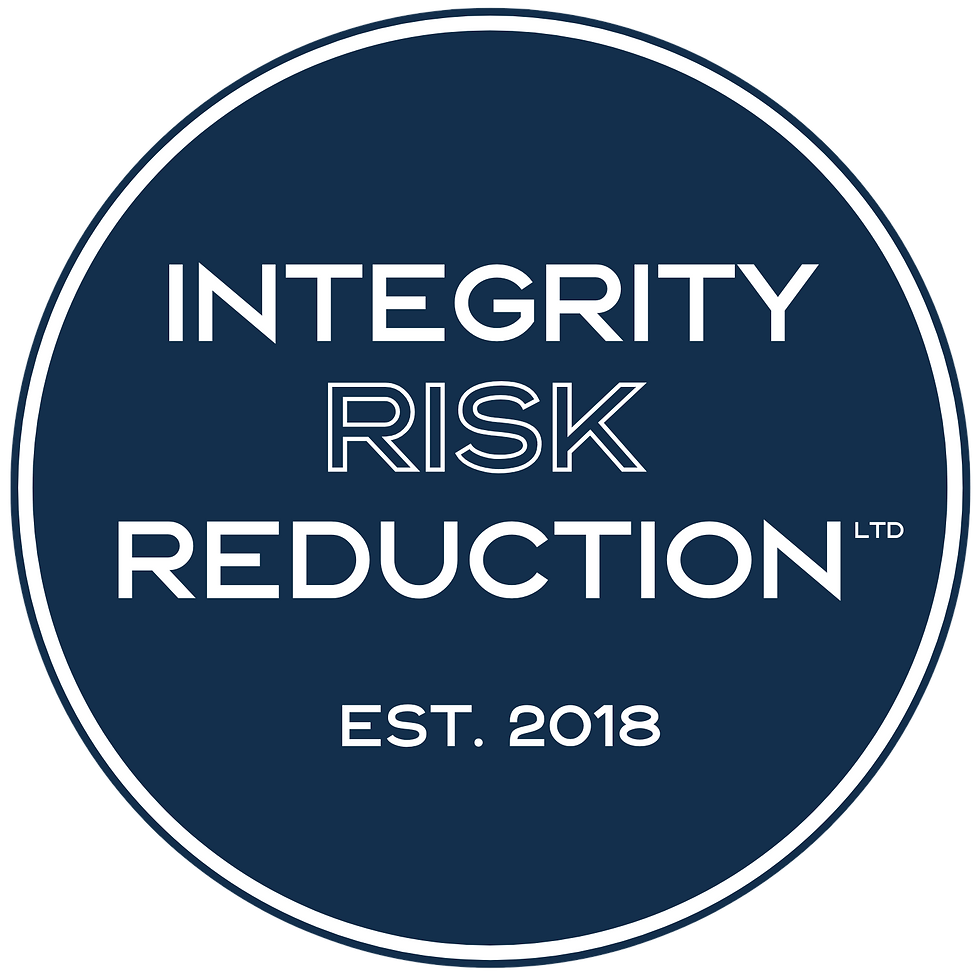Saving Strata Contingency Funds: Proactive Flood Prevention for Vancouver Buildings
- ashley campbell
- Sep 4, 2025
- 3 min read
Updated: Sep 15, 2025
Water damage remains the single most disruptive and costly risk facing strata corporations across British Columbia. While natural disasters capture headlines, the reality is that most expensive water losses originate from within buildings themselves—specifically from pinhole leaks in aging copper plumbing systems.
These seemingly minor failures cascade into major problems: expensive emergency repairs, damage spanning multiple units, displaced residents, and mounting maintenance costs that erode building equity over time. For Vancouver strata corporations, this has created an expensive cycle of reactive maintenance culminating in million-dollar re-piping projects that disrupt entire buildings for months.
The Hidden Cost of Reactive Maintenance
Traditional property management follows a predictable pattern: patch leaks as they occur, plan for eventual full replacement, and budget for the inevitable disruption. This approach, while familiar, ignores a fundamental question: what if the problem could be prevented entirely?
The financial implications extend beyond repair costs. Buildings with chronic leak issues face:
Increased insurance premiums and deductibles
Reduced marketability and property values
Ongoing resident dissatisfaction and potential legal exposure
Accelerated deterioration of building systems
A Proven Alternative: LEAC Shield Technology
LEAC Shield, now available locally through Integrity Risk Reduction, represents a fundamentally different approach. Rather than replacing aging infrastructure, this established technology addresses the root cause of pinhole leaks: internal corrosion.
How It Works
The process involves introducing a precise amount of NSF-certified sodium silicate (waterglass) into the building's water system. This food-grade mineral creates a microscopic protective coating on pipe interior surfaces, physically separating water from metal and halting the corrosion process that leads to pinhole leaks.
The Implementation Advantage
What sets LEAC Shield apart is its non-invasive application:
Six-hour installation with no access to individual suites required
Zero disruption to residents who remain in their homes
No demolition or intrusive construction work
Immediate protection with ongoing monthly maintenance by trained technicians
Verified Performance at Scale
LEAC Shield's track record speaks to its reliability:
18,000+ apartment units protected across multiple markets
900,000+ meters of pipe restored without replacement
$40 million saved in avoided building repairs
99% success rate in preventing pinhole leaks
These results include successful applications in high-profile Vancouver properties such as Kings Landing, demonstrating the technology's effectiveness in local market conditions.
Strategic Implications for Strata Councils
As strata councils prepare for upcoming annual general meetings, water damage risk management deserves priority attention. LEAC Shield offers councils a strategic alternative to the traditional repair-and-replace cycle:
Financial Benefits:
Installation costs less than 1% of total pipe replacement
Lifetime treatment costs 25% of epoxy coating or full re-piping
Eliminates ongoing emergency repair expenses
Potentially reduces insurance premiums through risk mitigation
Operational Benefits:
Maintains building habitability during treatment
Extends infrastructure lifespan by decades
Reduces maintenance burden on property managers
Provides predictable, budgetable ongoing costs
The Path Forward
This isn't about postponing inevitable repairs—it's about choosing the most effective, least disruptive solution when faced with aging infrastructure. As insurance costs continue rising and insurers increasingly avoid the condominium market, proactive risk management becomes essential.
For Vancouver strata corporations dealing with chronic leak issues, LEAC Shield represents an opportunity to break the expensive cycle of reactive maintenance. By addressing corrosion before it leads to failures, buildings can protect their infrastructure investment while maintaining resident quality of life.
The question facing strata councils isn't whether to act on water damage risk—it's whether to choose a solution that works with existing infrastructure or one that requires replacing it entirely.
.png)



Comments